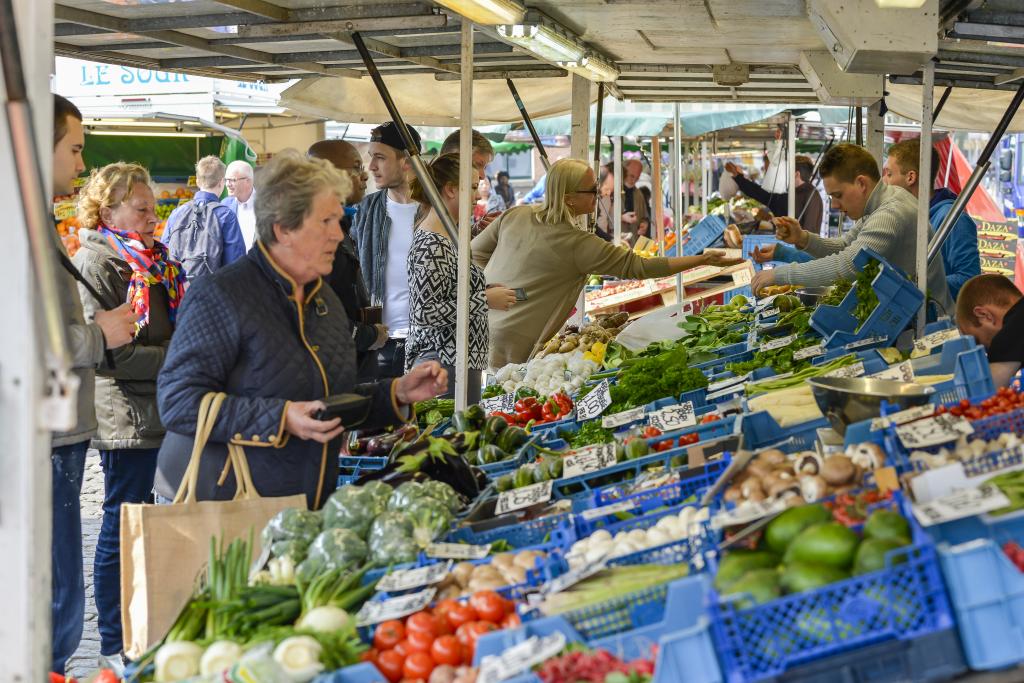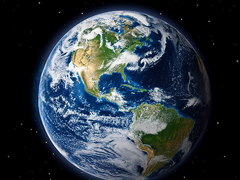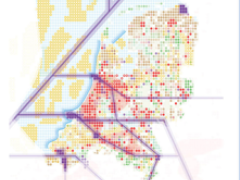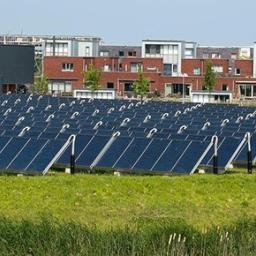Our daily diet
Food is a basic necessity of life. Our food production does have a downside for the physical environment, such as biodiversity loss and climate change. By putting consumers and supply chains at the centre of food policy, new opportunities are emerging for making our daily diet more sustainable.

Eating more sustainably, reducing food waste and producing more sustainably
Although the negative effects on the physical environment mainly take place on the farm, farmers are not the only ones who can make food production more sustainable. Consumers and businesses can reduce the environmental pressure that is caused by food production, by eating more sustainably (e.g. eating less meat), wasting less food and producing more sustainably. A smart combination of moderate steps in these three areas could reduce the footprint of Dutch food consumption by approximately one third.
Consumers: eating more sustainably requires support
For consumers, eating more sustainably and wasting less food means changing their everyday routines, such as what kind of groceries to buy, what and how to cook and what to order in a restaurant. Governments and businesses, such as supermarkets, restaurants and cafés and food companies, can support consumers to eat more sustainably and waste less food.
Businesses from within the food supply chain are taking sustainability initiatives, but do not represent the full solution
Parties within the food supply chain are already showing initiative to make food production more sustainable by imposing non-statutory requirements on farmers, while supporting them in making the production more sustainable. These non-governmental initiatives will not be the ultimate solution to all problems. Subjects that are more difficult to communicate to the general public or difficult to measure (such as sustainable soil management) are less likely to get off the ground via such initiatives.
Towards a system-sensitive food policy, with a clear vision and specifically formulated objectives
If government authorities want to create and implement a more sustainable food policy, they need to consider the characteristics of the food system. This requires a system-sensitive food policy that takes into account that the food system is international and complex, and includes conflicting values.
With a clear vision and specifically formulated objectives, government authorities can enable businesses and consumers to make the food system more sustainable.
Authors
Specifications
- Publication title
- Our daily diet
- Publication subtitle
- How governments, businesses and consumers can contribute to a sustainable food system
- Publication date
- 12 October 2020
- Publication type
- Report
- Page count
- 45
- Publication language
- English
- Product number
- 3486



